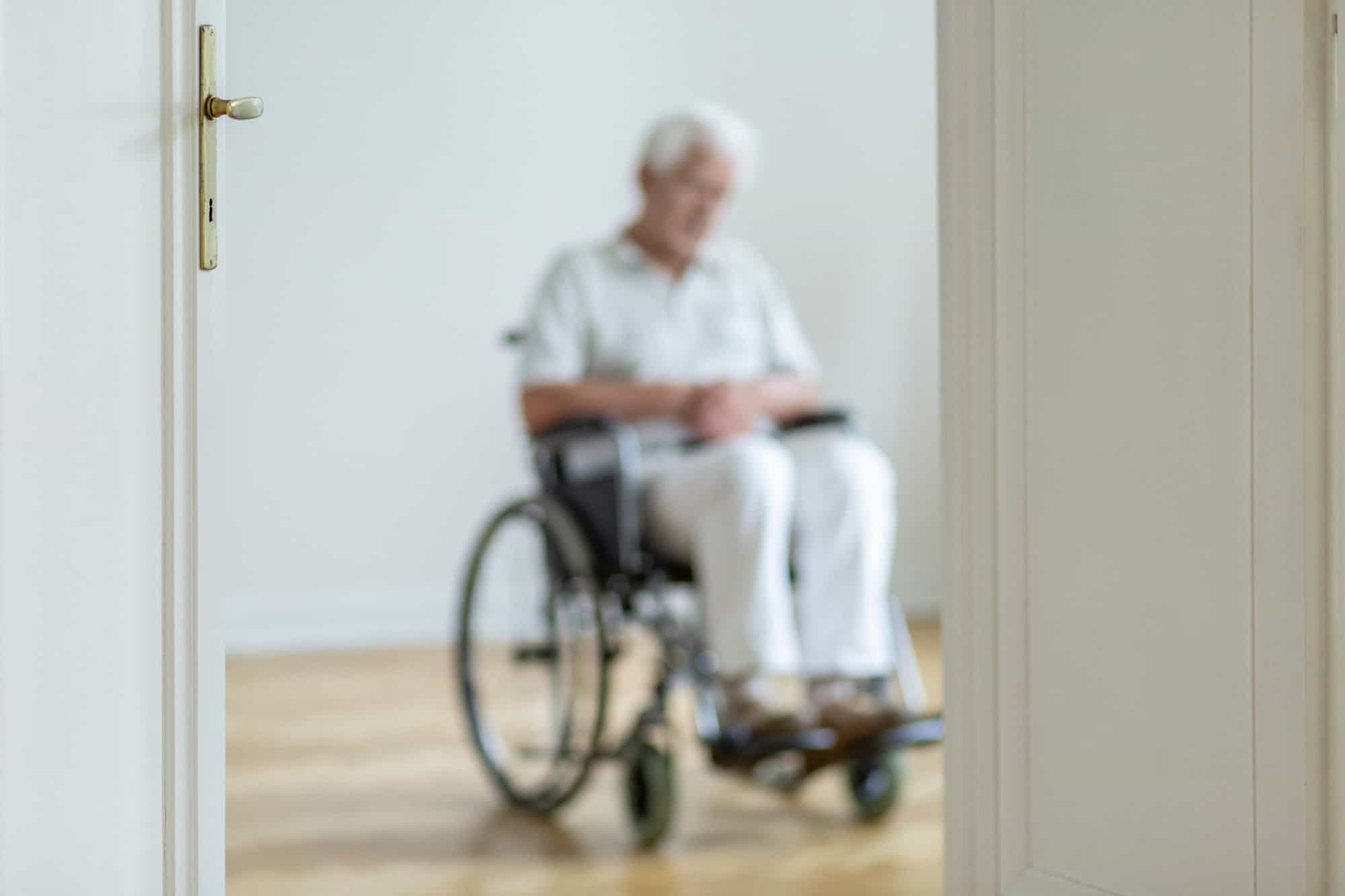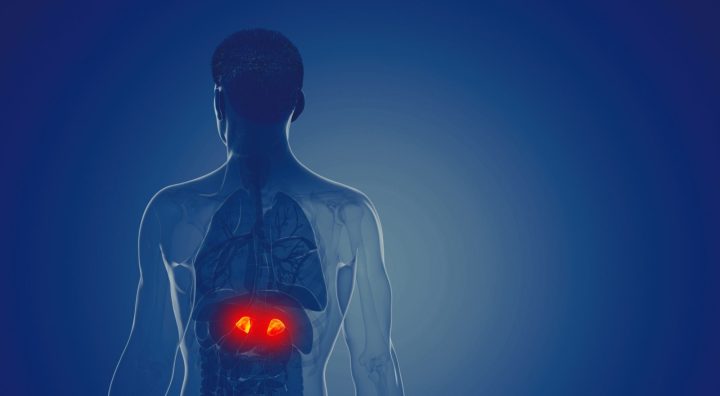Pain is an often misunderstood reality for millions of people. A noted university professor who became a quadriplegic in a bicycle accident discusses her constant pain and the way it changes life.
Guest Information:
- Dr. Christina Crosby, Professor of English and Feminist, Gender and Sexuality Studies, Wesleyan University and author, A Body, Undone: Living On After Great Pain
Links for more info:
16-25 Living Through Pain
Nancy Benson: Christina Crosby was once an avid bicycle rider, loving the physical challenge of speeding through the Connecticut countryside, where she lived. That all changed on October 1, 2003, when she was 50 years old.
Christina Crosby: It was a route, a 17-mile route that I had cycled hundreds and hundreds of times before. But this time, there was a branch lying in my way as I crested a hill. I did not see this branch; it stuck in my spokes and pitched the bike sideways very, very quickly.
Benson: Crosby landed face first. Her head snapped back. Her neck was broken.
Crosby: That left me significantly paralyzed with what’s technically called quadriplegia forelimb paralysis. I’ve regained some use of my arms and functional use of my hands, although I don’t have enough strength to hold a utensil or write. I can pick up a piece of paper.
Benson: But Crosby says just as important as her quadriplegia is her pain. Crosby is professor of English and feminist, gender and sexuality studies at Wesleyan university, and her book, A Body, Undone: Living on after great pain, documents her experience and her thoughts about life in unrelenting agony.
Crosby: But the kind of feeling that I have is very odd because what I feel most of the time and most intently is neurological pain. It’s a buzzing. It suffuses my tissues. So, the surface of my skin feels that buzzing as well as the skin as it moves into deeper tissue. So I have a very strange relationship to touch. I can feel down to the bottom of my feet, I can actually flex almost any muscle in my body. But they are not innervated. And to tell you, it’s frustrating.
Benson: Crosby’s story applies in some ways to millions of Americans who are in chronic pain for a whole variety of reasons, from injury to arthritis. They’re often asked by doctors and well-meaning friends to describe how they feel. Crosby says that’s an impossible task.
Crosby: The one-to-10 scale with the emoticons in the doctors office was developed to replace a chart that had multiple descriptors of pain. Pressing, stabbing, pushing, aching and so on. Mine would be buzzing. I find the pain scale in some ways to be laughable, comical because it quantifies something that to my mind really does require language to address how it feels, how feeling can’t be characterized in numbers.
Benson: What’s more, one person’s “eight” on the pain scale may be another person’s “five.” And sometimes, even an “eleven” isn’t enough. But the outside world may forget.
Crosby: A bad day of pain, I think one of the worst affects that accompanies it is loneliness because of the difficulty of describing pain and pain’s invisibility. Looking at me, you would see that I was paralyzed significantly. But you wouldn’t see that I’m in neurological pain. That’s invisible.
Benson: On a good day, Crosby says the pain merely doesn’t intrude too much. It’s still there, but doesn’t completely override what she’s doing. But even then, pain gets in the way. It’s much harder to keep friends, and keep in touch with them. She says just to get through the day, she has to think about herself more than she ever used to.
Crosby: It abstracts me. It takes me away from them. It’s a barrier, not a visible barrier, but a barrier between us. It gets in the way of touch for example and touch is a sensation very dear to me. My pain takes me away. My pain also pains Janet. She is pained at my suffering. She understands that I’m suffering and is sad. It makes her unhappy for my sake and I have to understand that. It’s a fact of how pain works.
Benson: Those who love a person in pain are profoundly affected by its onset, yet often have to suffer even more invisibly. Grief for the life that’s disappeared is a strong emotion for those in pain.
Crosby: I still have an abundant life. I’m well off financially. I’m secure. As I say, I have a lover who loves me and who I love. I have a multitude of friends who help me. None of that is counterweight to the fact of loss. I lost a way of life and a body that I loved. I was proud of my body. I was strong and fit. So, this loss has been a grief that I fear forgetting because I want to remember what it felt like to be the body mind I was before I hurt myself.
Benson: Yet Crosby also knows that life is too short to pine for what she used to have. Her situation won’t change. It is what it is, and longing too hard means she won’t be able to move forward.
Crosby: I’ll be stuck in the past and I will lose touch with the present. I will lose touch with my friends. I will lose touch with Janet. And I will lose touch with myself because I will be elsewhere. So I have to go forward. And it’s just a contradiction that I have to accept that I don’t want to forget and I need to forget at the same time.
Benson: Some people might say that Crosby’s story is one of triumph–still teaching, writing books, and making a whole life for herself when some might view their broken body as an excuse to retire from life. But Crosby sees her struggle realistically. She has significant difficulties, so she doesn’t have much appetite for heroic narratives.
Crosby: I don’t believe that stories of inspiration and overcoming are of very much use to the people who are supposed to be inspiring and who were the evenulation. Our lives are more complicated than that and I really resist a triumphal narrative. That narrative actually ignores so much about what it takes to live with profound incapacity.
Benson: You can find out more about Christina Crosby’s book, A Body, Undone, through links on our webpage, radiohealthjournal.net. Our production director is Sean Waldron. I’m Nancy Benson.
Sign up to receive email updates
Enter your name and email address below and I’ll send you periodic updates about the podcast.











Leave a Reply